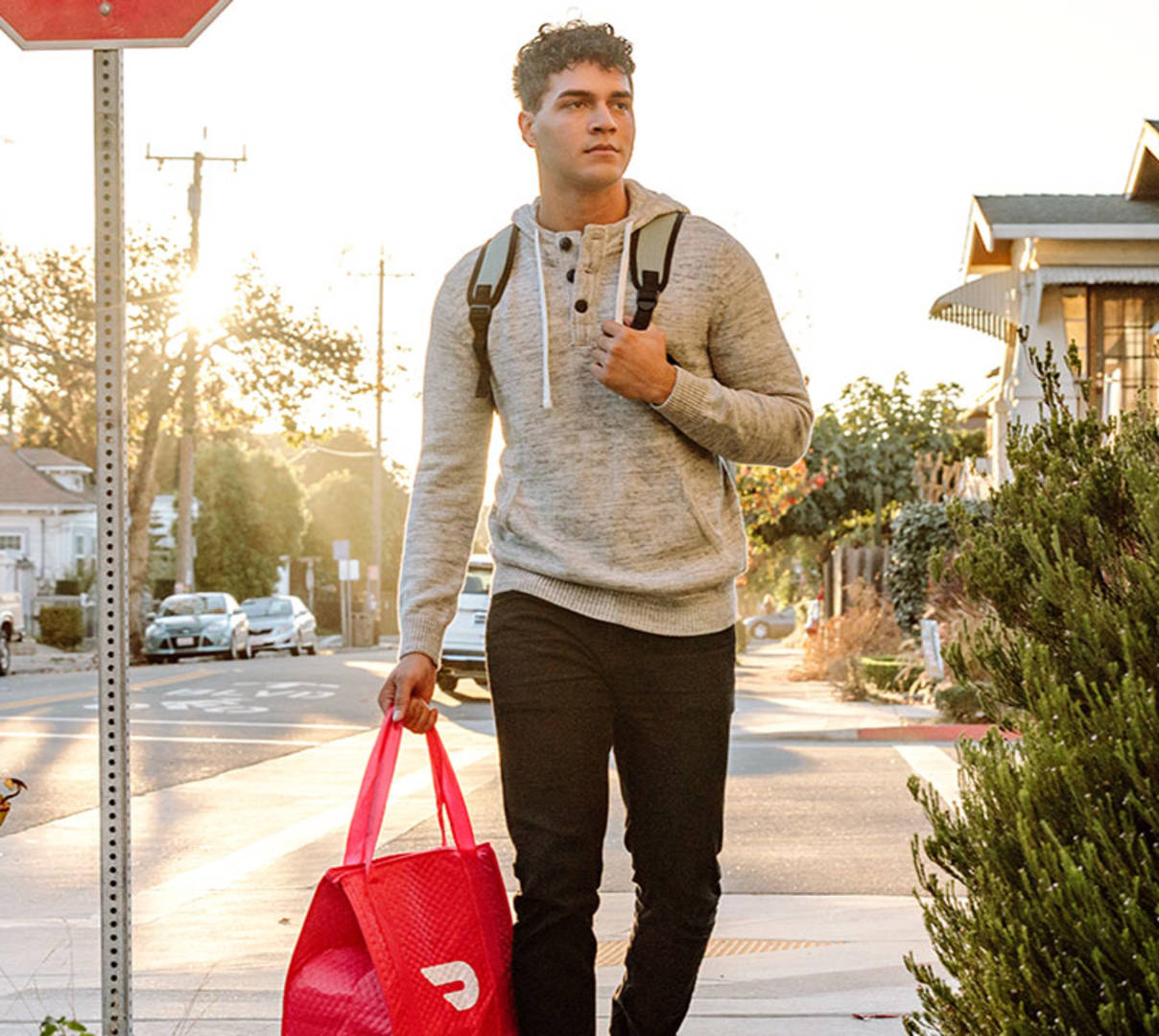It’s official: Millennials have surpassed baby boomers as the nation’s largest living adult generation, according to the US Census Bureau. The millennial demographic, defined as ages 24 to 39 in 2020, reached 72.1 million people, compared to 71.6 million baby boomers, defined as ages 56 to 74.
Millennials now make up the largest segment of the workforce, are parents to 50% of today’s children, and are expected to spend $1.4 trillion in 2020. As they move through their prime spending years, millennials are driving new cultural norms that have major implications for the restaurant industry.
So how can restaurants cater to this massive consumer group? In this blog post, we’ll explore a number of ways restaurants can stay ahead of millennial food trends.
1. Capitalize on the rise of delivery
73% of millennials put in more than 40 hours of work per week, and more than 60% of families today have two working parents. That means millennials have less free time to prepare meals every day and are increasingly turning to food delivery.
Millennials are three times more likely to order food delivery than their parents. 58% of millennials already say they are more likely to incorporate restaurant-prepared items — such as a main dish, side, or dessert — into their home-prepared meals today than just two years ago. While a bold prediction, one UBS analyst said, “There could be a scenario where by 2030 most meals currently cooked at home are instead ordered online and delivered from either restaurants or central kitchens.”
And the COVID-19 pandemic has only accelerated these millennial eating habits. 20% of millennials say they’re ordering delivery more often during the pandemic.
The bottom line? In order to reach millennials, restaurants should offer delivery. In fact, the National Restaurant Association found that 67% of millennials say the availability of delivery makes them more likely to choose one restaurant over another.
But restaurants need to be strategic in order to make sure their delivery offerings meet millennial expectations for effortless online ordering, one-step checkout, and trackable delivery. Partnering with a technology platform like DoorDash can help you provide this seamless online experience and reach new millennial customers.
A Technomic report revealed that 74% of operators said their revenue has increased because of DoorDash since COVID-19. Tap into DoorDash’s millennial customer base and become a partner today.
2. Include healthy options on your menu
Millennial diners are more concerned with healthy eating than ever before, and restaurants are taking notice. 80% of restaurant operators say their customers are paying more attention to the nutrition content of their food than they did two years ago.
Restaurants can cater to this millennial food trend by adding healthy options to your menu. And it's not just about low-carb and low-fat, but increasing whole grains, fruits and vegetables, lean proteins, and allergen-friendly choices. The National Restaurant Association found that plant-based proteins and healthy bowls were among the top four restaurant trends for 2020.
Take advantage of Millennial diners’ love for customization by offering healthy substitutes and upsells, such as the option to add avocado or substitute a fruit salad instead of hash browns.
3. Focus on sustainability (and flaunt it)
Going green is not just good for the environment — it’s good for business. 30% of millennials eat foods that are certified as organic. Offering locally grown produce, grass-fed meat, and microbrewery beer will help your restaurant attract the 20% of millennials who have changed their diet to reduce their impact on the planet. For takeout, ditch the styrofoam and invest in recyclable or even compostable packaging.
And don’t be afraid to boast about your eco-friendly efforts! Highlight the ways your business reduces its environmental impact on your menu, website and social media channels.
4. Use technology to increase convenience
As these diners drive the adoption of technology to make ordering and payment easier, restaurants can use a range of technologies. The National Restaurant Association found that the highest-rated emerging restaurant technologies include tablets for tableside payments, self-service electronic kiosks for ordering, and even wearable technology that notifies servers of guests’ needs.
Restaurants can also partner with a technology platform like DoorDash to shift away from phone ordering and provide an on-demand delivery experience where millennials can browse your menu, place orders, and track delivery times all our seamless app.
5. Boost your social media appeal
Social media has driven some of the most significant behavioral and cultural changes for millennials. It’s more critical than ever for restaurants to embrace social media as a way to engage guests, drive repeat business and acquire new customers. In fact, 45% of diners have tried a restaurant for the first time because of a social media post, and 30% of millennial diners actively avoid restaurants with a weak Instagram presence.
In addition to engagement, restaurants can now use social media to boost sales by using food ordering “stickers” for diners to place delivery orders directly on Facebook and Instagram.
You can also encourage guests to post photos and videos of your restaurant on social media by adding unique, Instagram-worthy decor or menu items. This can be as simple as hanging an inspirational neon sign, adding kitschy or colorful wallpaper, or focusing on aesthetically pleasing dish presentations.
While it’s not always easy, restaurant operators need to carve out time to cultivate an active and engaging social media presence. Not sure what to post? Read this blog on how to increase your social media followers for ideas to get started.
Staying ahead of millennial food trends has become critical for every restaurant business. Follow these steps to create a seamless, convenient and fulfilling dining experience for today's largest demographic. Learn the latest millennial online ordering trends and breakdowns across generations in the Restaurant Online Ordering Trends Report.





